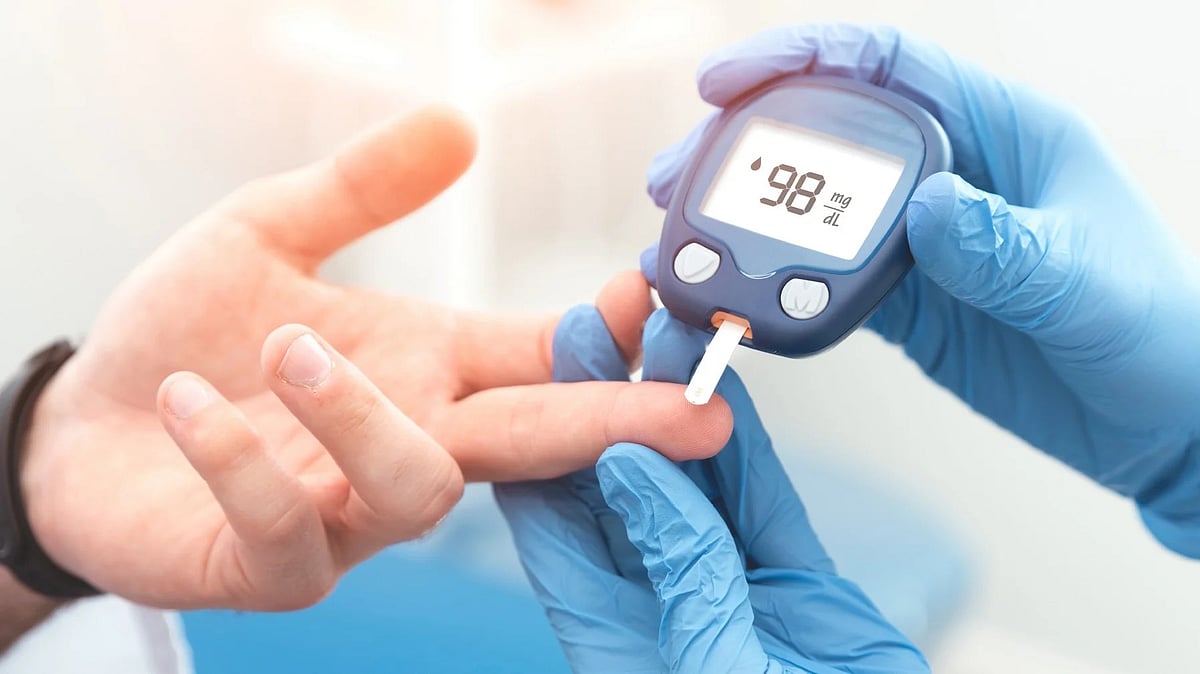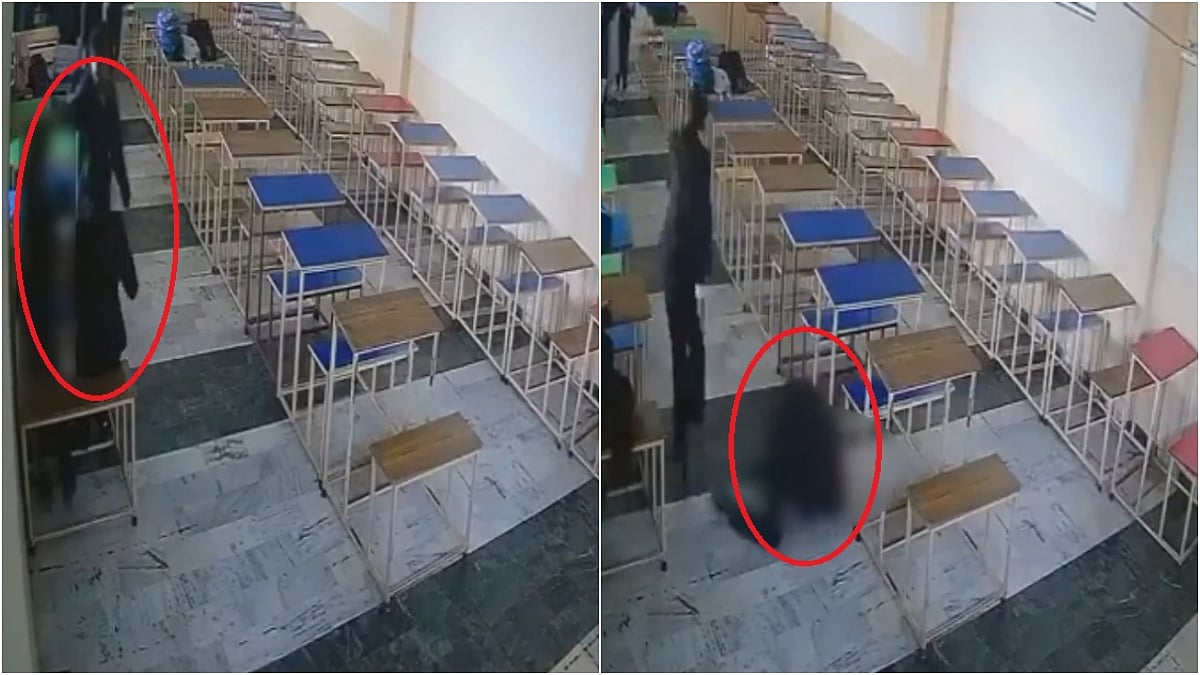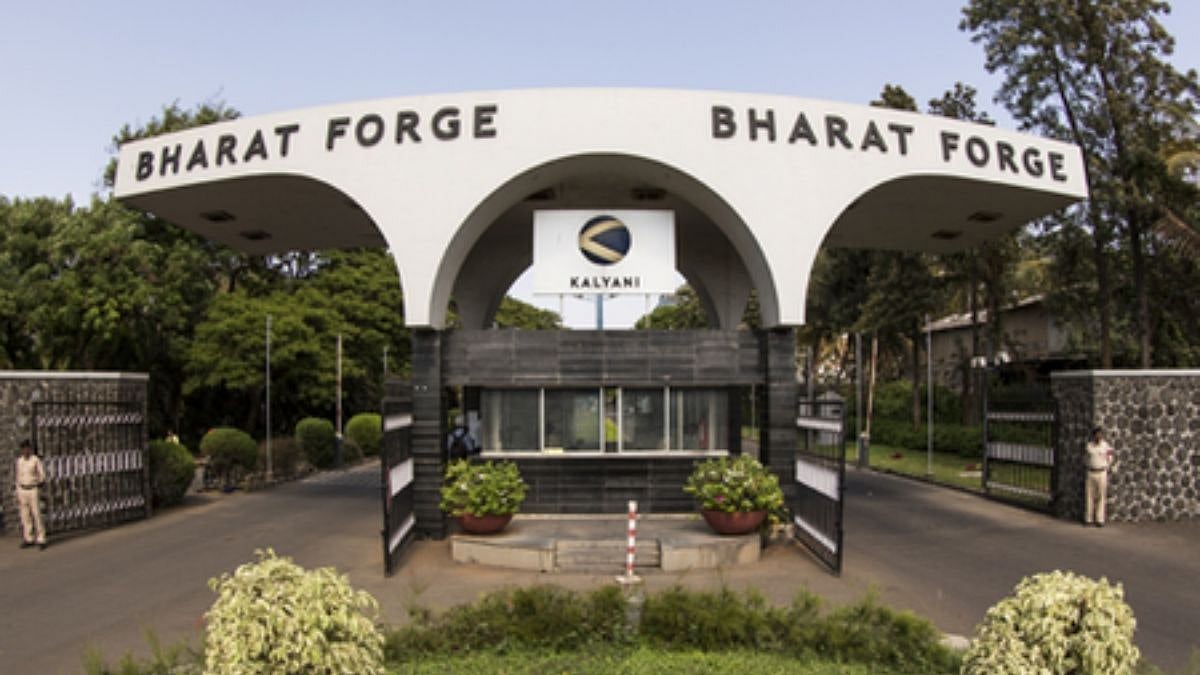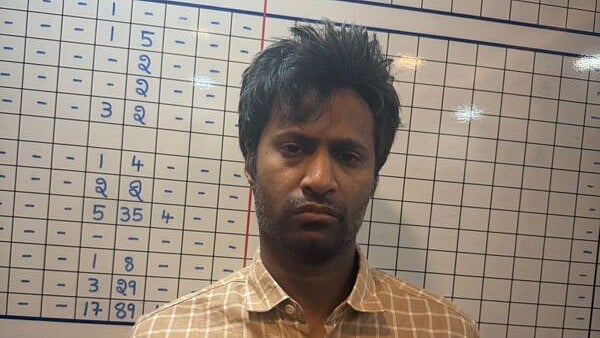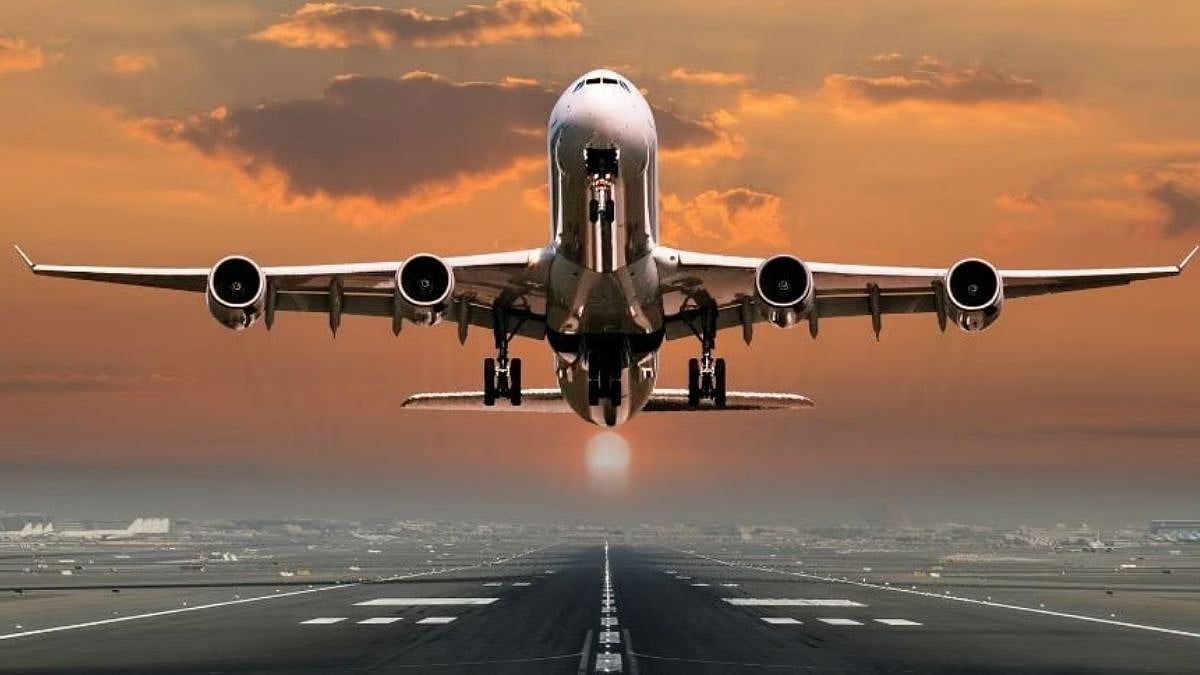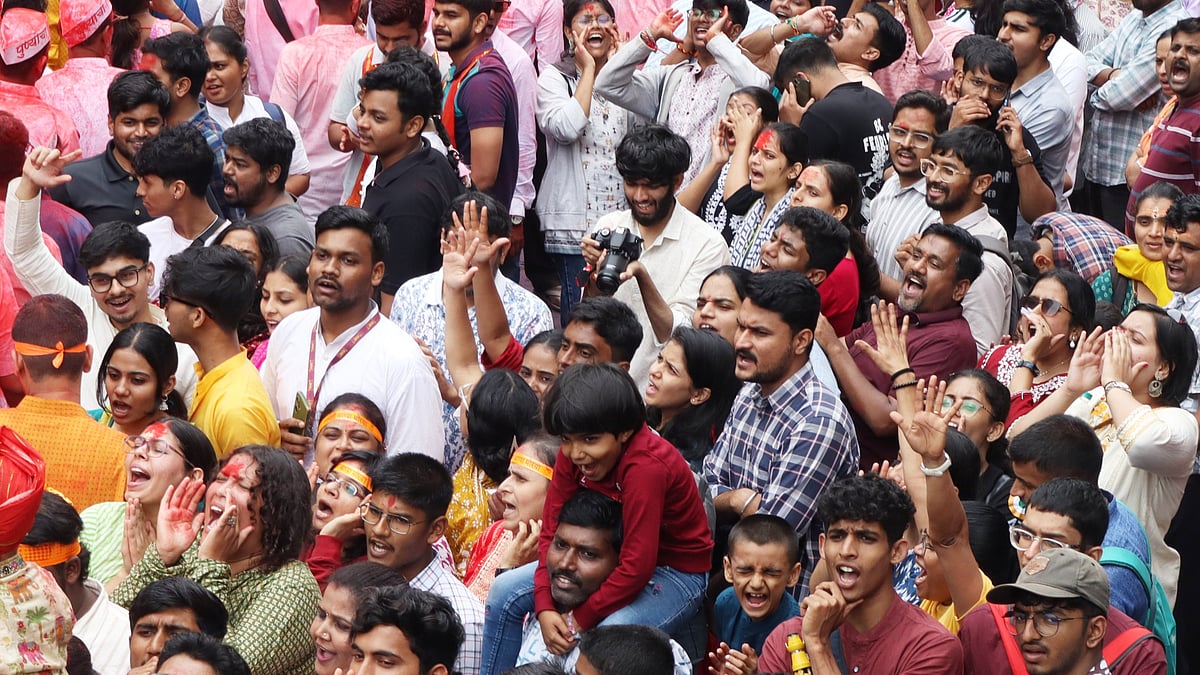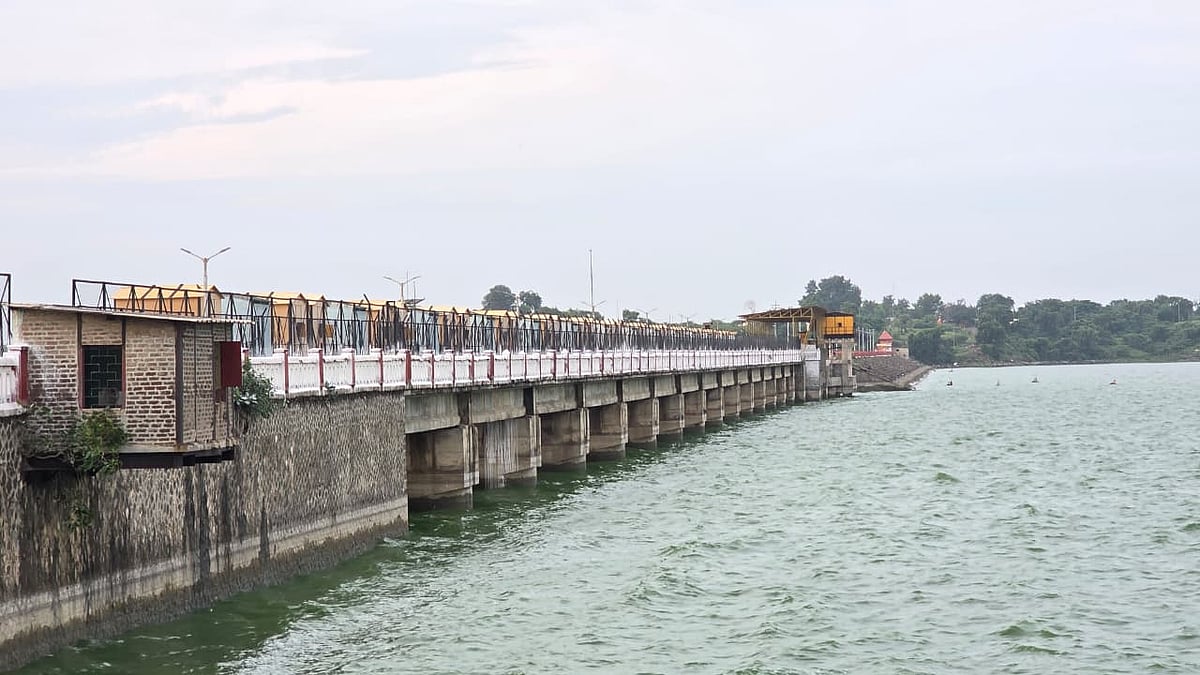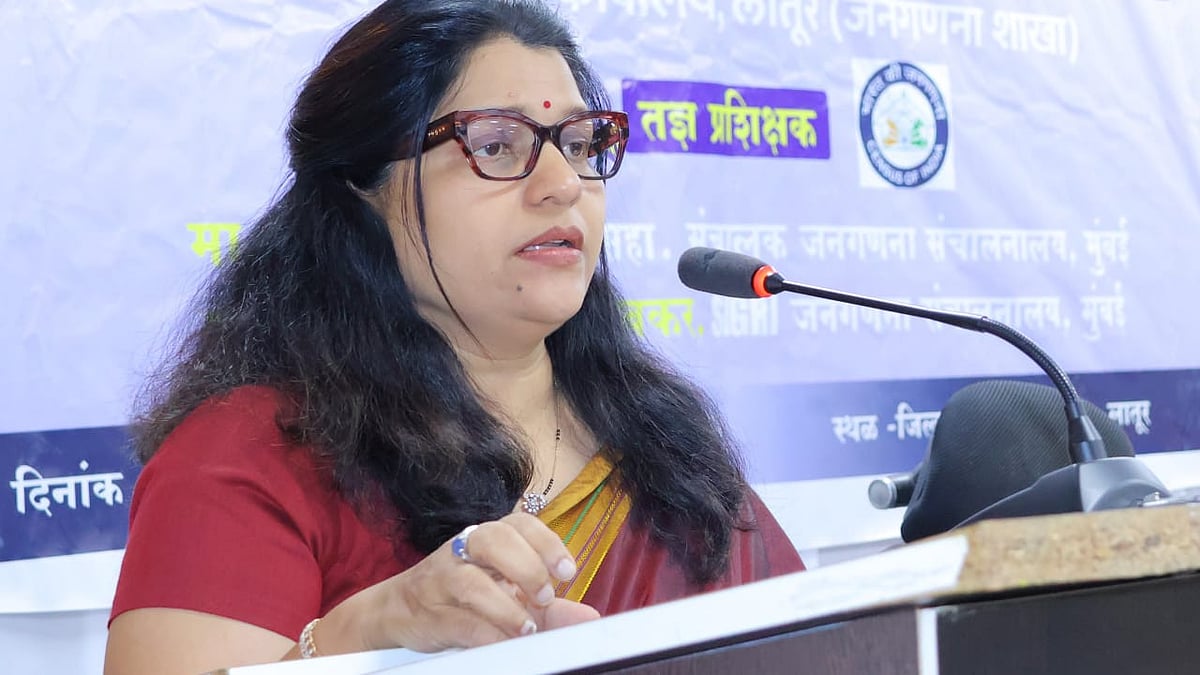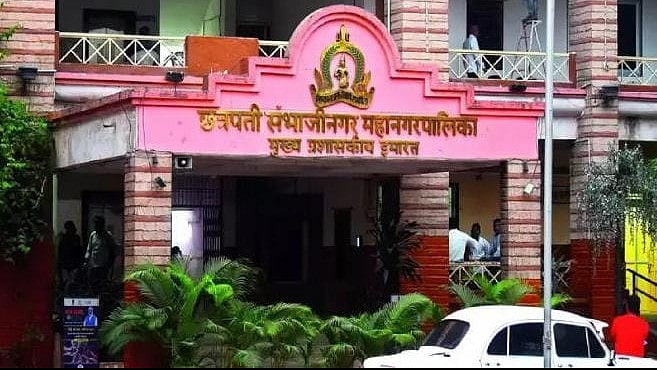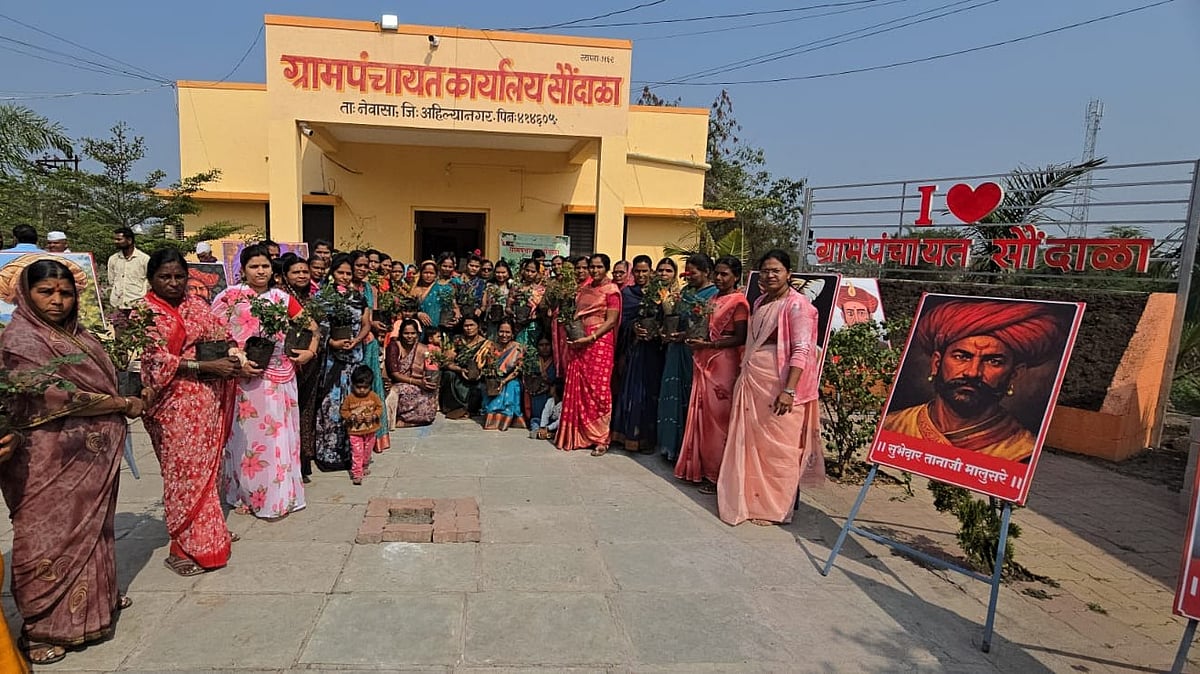The World Health Organisation (WHO) has added rapid-acting insulin analogues and GLP-1 receptor agonists to its Model List of Essential Medicines (EML) for the first time. This decision, announced on September 5, is being hailed as a historic win for millions of people living with diabetes, including thousands in Pune.
In May 2025, Nupur Lalvani, founder of Blue Circle Diabetes Foundation (a patient-led organisation active in Pune and across India), made a formal appeal at the WHO Expert Committee meeting for inclusion of these medicines.
Ministry of Health and Family Welfare (MoHFW) and the National Pharmaceutical Pricing Authority (NPPA) to act quickly so that the medicines feature in India’s National Essential Medicines List (NEML). They warn against delays, recalling how it took nearly two years after the WHO’s 2021 decision for glargine prices to fall in India.
"Many families are facing heavy financial strain because the costs of insulin, CGMs (Continuous glucose Monitors), and glucometers keep rising. Diabetes is lifelong, and these daily essentials should not feel like luxuries — they must be made more affordable, ideally tax-free. The WHO recently added rapid-acting insulin to the EML,” explained Mandharr Kapre, living with type 1 diabetes for 25 years, and a resident of Hadapsar.
Our patient group, Blue Circle Diabetes Foundation, has long been advocating with the government and at global forums like the WHO, and it’s heartening to see progress based on the efforts of our community. The recent decision by the government to reduce GST on glucometers, health insurance and CGMs is a step in the right direction and will ease the burden on countless families. This will truly benefit people with diabetes across India," added Kapre.
Nupur Lalvani, Founder, Blue Circle Diabetes Foundation and type 1 diabetic, said, "For too long, millions of people with all types of diabetes in India and other low and middle-income countries have struggled to afford the insulin and medicines they need to survive. The WHO’s decision to add rapid-acting insulin analogues and GLP-1 therapies to the Essential Medicines List is historic because it formally recognises that diabetes care is a necessity & not a luxury.”
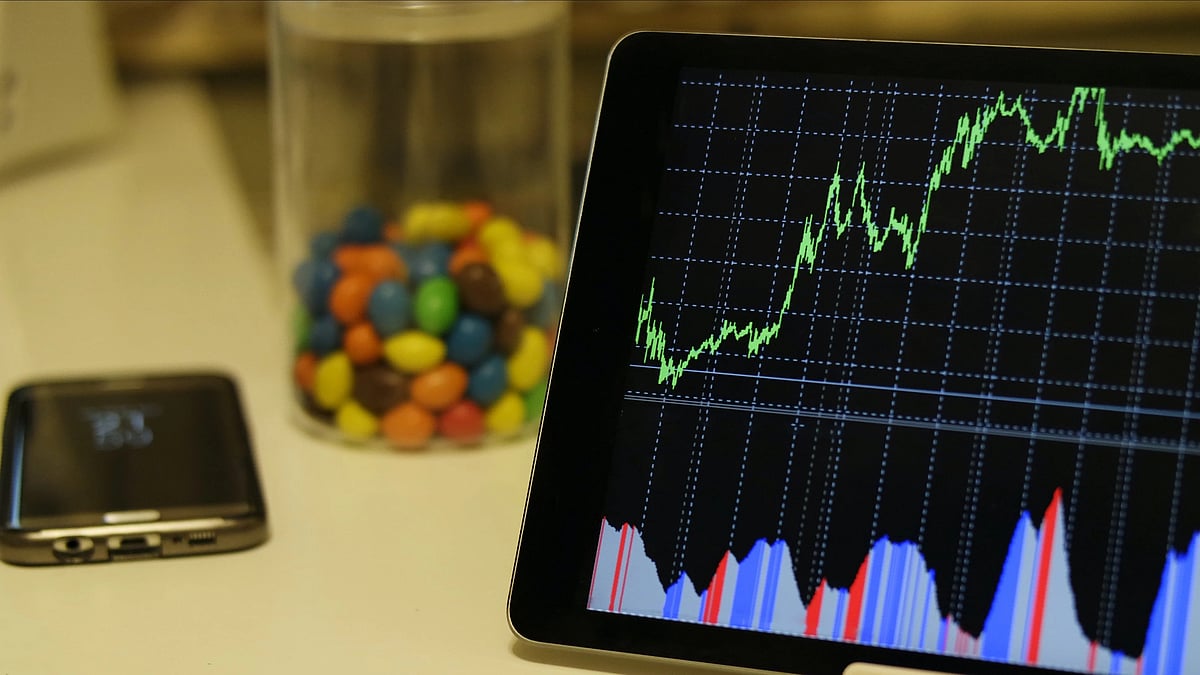
“When I had the opportunity to speak at the WHO Expert Committee in May, I carried the voices of our diabetes community with me. This is proof that patient advocacy matters and can help move us closer to equitable, affordable care for all. Now, we urge the Ministry of Health and Family Welfare to move quickly to add these medicines to India’s National Essential Medicines List, so that people can feel the relief in their daily lives without delay," added Lalvani.
Sandeep Kyadarkunte, resident of Wakad, stated, "The World Health Organisation has now listed rapid-acting analogue insulin as essential for diabetes care. As a parent of a six-year-old daughter, Advika, who lives with type 1 diabetes, this gives me great hope. It means the possibility of better sugar control, fewer dangerous highs and lows, and a chance for my child to enjoy a normal childhood. This recognition must also push India to make these life-saving insulins widely available and truly affordable for every family like ours."
"I was advised GLP-1 for better diabetes control, but the high cost always kept it out of reach. Now that it’s on the Essential Medicines List, I feel truly hopeful this step means so much for people like me and for the masses who will finally have a fair chance at better diabetes care." Another Vikram Pataskar - Type MODY resident of the Peth area.
